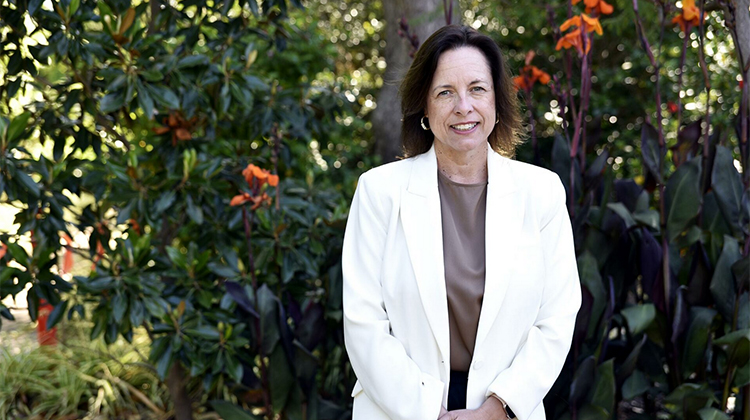The Keys to Accessing and Keeping Quality Staff

The common wisdom is that teachers are hard to find, and once found it’s hard to encourage them to stay on.
But for Loreto College, the challenge of retaining and attracting staff and accessing the continuity that a stable group of teachers offers has been met, at least for the present.
Kylie McCullah, Loreto College Principal says, “We have been most fortunate to secure accomplished teachers through both word of mouth and advertising via online platforms. Like all schools we aim to look after our staff with benefits including competitive remuneration, wellbeing initiatives and work/life balance structures, when we can."
Addressing administrative burden on teachers is essential for ensuring they can focus more on teaching and supporting their students. Strategies at Loreto include streamlining administrative tasks by investing wisely in technology as well as providing personnel support.
Many young teachers will arrive at Loreto enthusiastic but slightly underprepared for the exacting nature of the job and McCullah sees that it’s here strong support pays dividends.
“We recognise the importance of ongoing professional development both for the recent graduates and experienced teachers.
“For newly graduated teachers, professional development that helps them transition smoothly into their roles and develop confidence and passion for teaching is essential. Programs that include thorough induction, mentorship, classroom management training, instructional strategies, and pedagogy as well as wellbeing and self-care and reflective practices.
“By providing new teachers with high-quality professional development that addresses their specific needs, challenges, and interests, schools can help newly graduated teachers build a strong foundation for a successful and fulfilling career in teaching. This support can not only enhance their effectiveness as educators but also foster their passion for making a positive difference in the lives of their students.”
Technology like AI has the potential to take up the slack when it comes to extra care and attention to students’ needs but it’s no replacement for a committed, well-trained and happy teacher.
“While technology, including AI, can certainly augment and enhance certain aspects of education, it's important to recognise its limitations when it comes to providing the personalised care and attention that students need.
“Technology should be seen as a scalable extension, not a replacement of a teacher. We are yet to see AI that can offer a genuine human touch that is crucial for students’ emotional and social development. AI should complement not replace human teachers by providing additional resources and support to help teachers focus on what they do best: educate and inspire students’ minds,” McCullah says.
“Overreliance on technology - AI in particular - can negatively affect student’s problem-solving and critical thinking skills."
The school’s policy on digital devices and phones is closely watched and students are not permitted to use their phones unless they have a specific purpose and permission.
“Loreto College has a policy that does not permit students to access their mobile phones during regular school hours unless under the explicit supervision of their teacher for educational purposes.
“The restriction on mobile phone usage has positively impacted student wellbeing by reducing exposure to social pressures and excessive screen time. The balanced approach to mobile technology encourages the use of educational resources while minimising classroom disruptions, thereby helping to concentrate students' attention.”
Loreto College embraces the integration of technology in its educational framework, using devices as a tool to enhance students’ learning and understanding of abstract concepts.
“With their laptops, student have instant access to a wealth of digital resources and educational tools, allowing students to delve deeper into the subjects and collaborate effectively with their peers. However, this integration is achieved by a balanced approach, there is still a place for the traditional pen, paper and workbooks.”